Among the many issues raised by Britain’s possible departure from the EU is its impact on multilateral anti-money laundering efforts.

As a London-based financial executive with multinational fiduciary responsibilities, this issue is close to my heart.
Britain’s commercial real estate industry is, along with our EU counterparts, implementing new processes to comply by June 2017 with the EU’s anti-money laundering directive, 4AML, which seeks to combat terrorism and other ills by choking off funding channels. My colleagues and I are the footsoldiers of this war, creating transparency to ensure clean money stays out of dirty hands.
4AML requires us to reassess our basic ideas about liquidity, which is, of course, fundamental to financial health. Unfortunately, the peril of non-transparency is equally real. The expansion of such high-impact global stress points as terrorism, electronic money substitutes and the illicit use of gambling revenues puts pressure on the EU to examine cross-border liquidity.
Under the directive, we must scrutinise where dirty money comes from, and bolster efforts to block it from its corrupt destinations. 4AML imposes new responsibilities on a broad swathe of firms that advise others with fiduciary responsibilities, and on those fiduciaries themselves. It is designed to put a face on what have historically been faceless entities, for the benefit of universal security.
One key change in the new regime is the way beneficial ownership is treated. Currently, those in fiduciary positions must identify individuals in the 25% and above ownership bracket. Under the new rules, we’re responsible for exhausting all possible means of identifying and reporting the beneficial owners. If we cannot name individuals based on their equity positions, we must assign personal responsibility to the firm’s senior executives.
4AML also globalises the definition of the politically exposed person (PEP). PEPs now include both domestic and foreign individuals performing public (as opposed to individual or purely corporate) functions. This means that people who work for state-owned entities, their family members and close associates will be subject to enhanced due diligence.
Firms will need to establish policies pertaining to risk assessment, given the connection between money laundering and terrorist financing. They’ll need to assess risk according to several factors, including customer profile, state registration, geographic region and product categories.
They will also need to spend prolifically on developing new processes, managing record keeping and training, among other expenditures. Clients will spend more time and money responding to fiduciary questions. It’s likely that in this process, some business opportunities will be squandered, and some entirely legitimate transactions blocked. Much as I dislike the prospect, I’m prepared to lose clients to compliance with this process.
One cannot walk the streets of central London without passing buildings owned by the aforesaid ‘faceless entities’. These are investments the anonymity of which facilitates money laundering, and whose value is based in part on ease of liquidity. 4AML will shrink the money-laundering opportunities available to funders of terrorism.
Replacing facelessness with transparency, 4AML is essential in a world where it is imperative to restrict money-laundering opportunities. If a Brexit reduces the scope, speed and thoroughness of achieving full compliance with Europe’s clean-money directive, then it will force us to pay for autonomy with our national security. That’s a swap we should not be forced to make.
Traolach McCabe is MD - project consulting Europe at Situs
























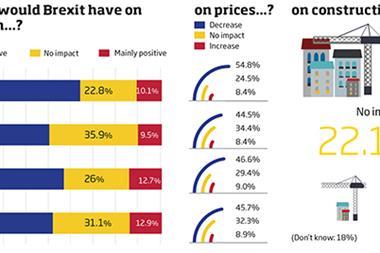
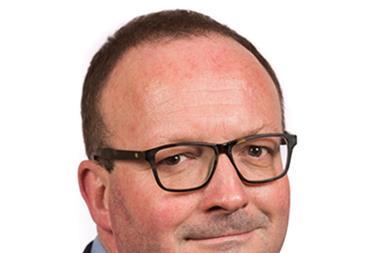

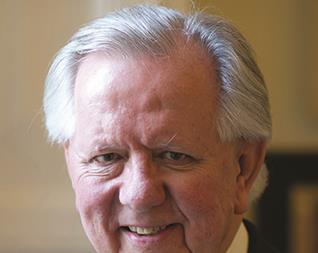
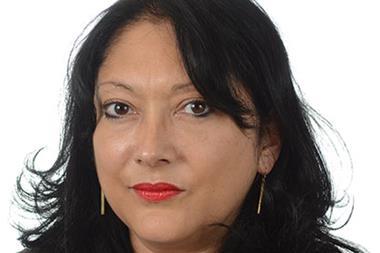
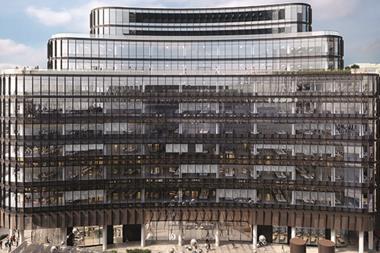
No comments yet